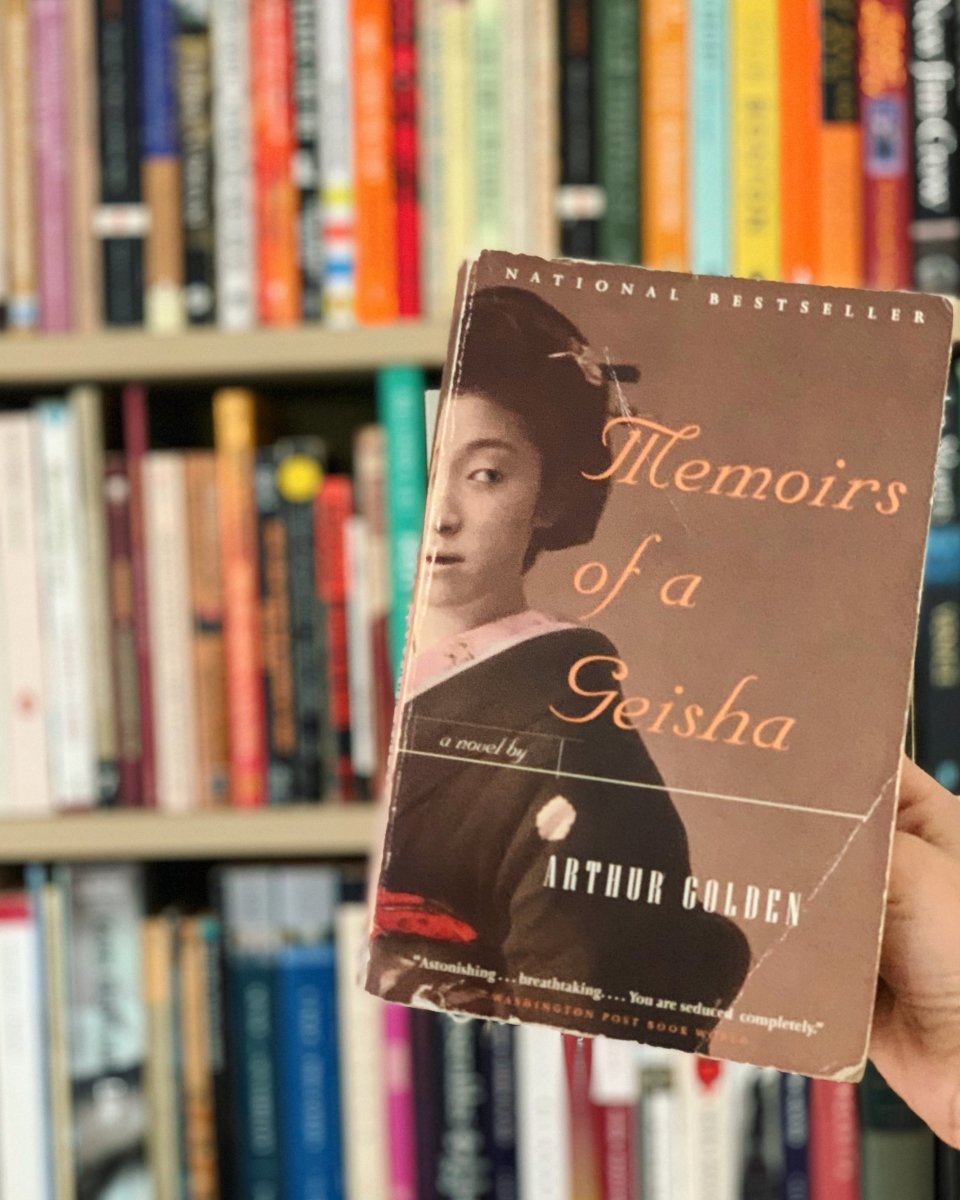
Receiving secondhand gifts
Share

The week before Christmas, we reposted a photo (originally taken by @ecoconsciousmum) on our Instagram page. It's a baby pointing at a letterboard with the message "Normalize secondhand gifts" propped up against a (presumably) secondhand toy. We loved the simple, powerful statement and thought it was important to share.

To our surprise, it quickly became our most-liked Instagram post of all time. Dozens of people who weren't even following us liked it! Was this what it meant to go viral?!
We're excited and encouraged that this sentiment resonated so strongly with people. This is how movements happen: an idea that is relatively uncommon starts to get shared and talked about more and more. People who once kept their views to themselves are empowered to talk about what they believe and why it matters to them. As more people get on board, what was once taboo becomes normalized and even celebrated.
I thought it would be fitting to share my own experience of receiving a secondhand gift. My extended family decided to do a virtual Secret Santa exchange this Christmas, instead of the in-person Yankee Swap that we normally do. The Secret Santa ended up being a fun way to focus on one particular person, rather than contributing something that everyone would appreciate. Which, in recent years, had become gift cards. So many gift cards.
This time, my Secret Santa (my cousin, Samantha) picked out things just for me. And even better, part of the gift was secondhand! It arrived in a small cardboard box, packed completely full. There was a wool scarf, a scented candle, a Philosophy body wash / bubble bath (wisely wrapped in a Ziploc bag), a pair of earrings, a weathered copy of Memoirs of a Geisha, and a decorative sticker. The book and scarf were secondhand; the rest of the items were unused, but may have been a regift.
As someone who obviously supports secondhand gifting, I want to share my feelings about receiving a secondhand gift. Hopefully this will help people feel more comfortable with the idea and maybe even try it themselves.
First, there is something appealing about the creativity that comes from the element of constraint. If you choose to buy something new, there is literally no limit to what you can purchase, aside from budget and, in rare cases (ahem, PS5), availability. But capitalism and consumerism have given us access to an ocean of products at our fingertips. Opting for a secondhand gift limits that wealth of choice to only the items that you can find used (and in good enough shape to give as a gift). Now, as the resale industry grows and modernizes, the options for quality used products are quickly becoming endless themselves. But there is still that element of constraint which, in my opinion, leads the gift-giver to become more thoughtful and intentional.
Similarly, on the recipient's side, there can be a sense of randomness that almost feels like serendipity. The likelihood that Samantha would have chosen this specific book on Amazon, where every single book known to humankind is available, is low. But given the more limited options at the resale shop where she bought my gift, this was the one that stood out. I'll go further to say that had she been choosing a book on Amazon, she may have felt paralyzed by the overwhelming selection. She may have panicked and just picked a best-seller, not knowing where else to start looking. But more limited choice, somewhat paradoxically, brings freedom. She knew I loved to read, travel, and learn about different cultures. She saw this book on the shelf and thought I might like it. And so she bought it.
And, of course, I prefer receiving secondhand gifts because of the sustainability aspect. There are so many things that already exist in the world; with few exceptions, there is truly no need to create more. I feel much better about extending the life of something that already exists than about extracting resources to create something new (that I may or may not even want). The same thinking applies to "experience" gifts and handmade gifts, generally speaking, although even those can be resource-intensive, depending on what they are.
Samantha also included a note welcoming me to pass along the gifts when I was done with them or no longer found joy in them. It was a simple yet powerful message that freed me of any guilt or obligation I may have felt as a gift recipient. As someone who tries to be intentional about my possessions, gifts can occupy a problematic place. I want to keep my possessions at a minimum, but it can feel wrong to give up something that a loved one had given to me. But Samantha's acknowledgement was her essentially giving me an out. And even more, it felt like an encouragement to only keep what I truly wanted and to redistribute the rest in a way that would bring joy to others.
I did end up passing along one of the items. I loved the body wash, but I already have so many soaps and bath products that I'm working through. I posted it on my town's gifting group on Facebook (which had emerged from the Buy Nothing movement). Within an hour, I had a taker. Judy met me the following day and told me about her ritual of taking bubble baths every evening. "It keeps me sane," she explained. We were in opposite positions: where I felt like I had too much, she felt like she couldn't get enough. It was the perfect trade. She was happy to get something she had a clear need for, I was happy to give it to someone who'd use it, and thanks to Samantha's note, I felt zero guilt about giving away a gift I had just received. A secondhand gifting win all around.
